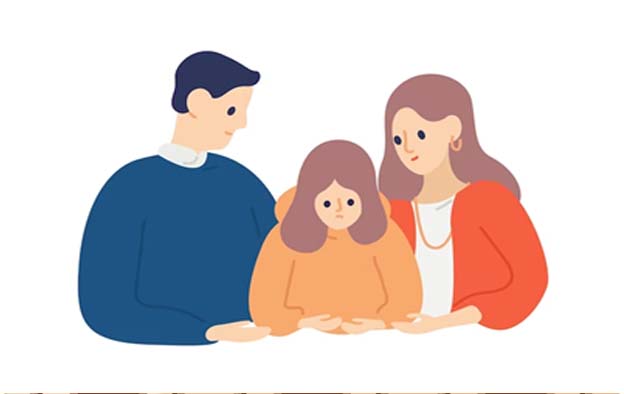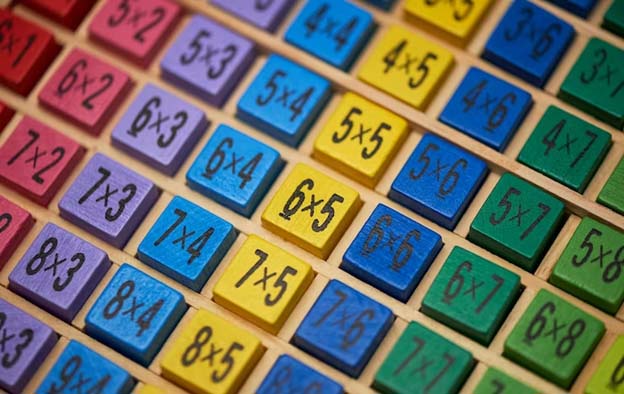We all want our children to become well-rounded individuals, don’t we? A crucial aspect of this is personal grooming. We’re not just talking about combing hair or brushing teeth, but grooming them to become confident, hygienic, and socially adept. So, let’s dive right into the importance of personal grooming for kids.
What is Personal Grooming?
Personal grooming involves taking care of one’s body and appearance. For children, it includes regular bathing, oral care, neat hair and nails, wearing clean clothes, and more. It’s not just about looking tidy; it’s also about feeling good about oneself. The importance of personal grooming for children lies in fostering self-esteem, ensuring good health, promoting hygienic habits, and enhancing social interaction, which contribute to their overall development.
Personal Grooming Vs Personal Hygiene
While personal grooming and hygiene are often used interchangeably, they are slightly different. Hygiene focuses more on health-related practices like washing hands or brushing teeth to avoid illness. Grooming, on the other hand, also considers aspects like appearance and neatness.
Also Read: 12 Social-Emotional Learning Activities For Students
Methods of Personal Grooming for Kids
Explore fun, age-appropriate techniques to teach kids personal grooming essentials, cultivating habits like bathing, hair care, oral hygiene, nail maintenance, and proper skin care routines
- Maintaining Personal Hygiene
- Choosing the Right Clothes
- Hair and Nail Care
Personal hygiene includes activities like bathing, washing hands, and brushing teeth. Encourage your child to perform these tasks regularly to keep germs at bay and ensure cleanliness.
Teach your kids to choose clean and appropriate clothes for different occasions. It’ll not only make them look good but also instil in them a sense of responsibility towards their belongings.
Regular hair washing and nail trimming are essential grooming habits. These practices help keep away scalp problems and nail-borne infections, promoting overall health.
Also Read: Which nutrients help our hair growth?
Self Grooming Tips for Kids
Teaching kids the basics of self-grooming is an important part of helping them grow into self-reliant, responsible, and healthy individuals. Here are some key self-grooming tips to share with kids:
- Hygiene Basics:
- Brushing Teeth:
- Hair Care:
- Nail Care:
- Dressing:
- Healthy Eating:
- Regular Exercise:
- Skincare:
- Good Posture:
- Deodorant:
Teach them about the importance of washing their hands before eating, after using the restroom, or after playing outside. Also, they should be taught to bathe daily or at least a few times a week, depending on their age and activity level.
Emphasise the importance of brushing their teeth twice a day to prevent cavities and maintain oral health. Make sure they understand the proper brushing technique and use of toothpaste.
Teach them how to properly wash and brush their hair. For girls, you might want to show them how to tie up their hair neatly.
Regular nail trimming is necessary to prevent the buildup of dirt and bacteria. Teach them how to trim their nails properly and discourage nail-biting.
Show them how to dress appropriately for different occasions and weather conditions. Also, teach them how to fold and organise their clothes.
Encourage healthy eating habits, as this not only impacts their overall health but also contributes to the quality of their skin, hair, and nails.
Physical activities keep kids fit and healthy. Teach them to incorporate regular exercise in their daily routine.
As they grow older, start teaching them basic skincare. This could involve washing their face daily and using sunscreen when out in the sun.
Teach them the importance of sitting and standing with a straight back. A good posture promotes health and confidence.
As children reach puberty, they should learn about the changes their bodies will go through, including increased sweat and body odour. Teach them about the importance of using deodorant to maintain freshness.
Also Read: How to Wash Hair For School Children: Steps, Methods
Benefits of Personal Grooming for Kids
Personal grooming is an essential aspect of everyday life and plays a significant role in a child’s overall development. From an early age, teaching kids the importance of personal hygiene and grooming can bring a host of benefits, many of which extend far beyond simply looking neat and clean.
- Improves Health:
- Boosts Self-Esteem:
- Enhances Social Skills:
- Teaches Responsibility:
- Promotes Good Habits:
- Enhances Learning and Concentration:
- Prepares for Adulthood:
Good personal grooming habits, such as regular bathing, brushing teeth, and washing hands, can significantly reduce the risk of illness by preventing the spread of germs and infections. Teaching kids about these practices from an early age can help inculcate a strong sense of hygiene and wellness.
Well-groomed children often feel more confident about their appearance. This self-assuredness can lead to better social interactions, more effective communication, and a more positive outlook on life. Confidence gained from good personal grooming can encourage kids to be more outgoing and assertive in social situations.
Teaching kids about personal grooming can also help them understand social norms and expectations. It can also contribute to better interaction with their peers and teachers, which is essential for building relationships and social skills.
Regular grooming habits teach children discipline and responsibility. By getting into a routine of brushing their teeth, combing their hair, or cleaning their room, kids can learn about taking responsibility for their actions and start to understand the importance of caring for themselves.
Encouraging children to regularly engage in personal grooming can help form good habits that they’ll carry into adulthood. Regular brushing, flossing, and skincare can prevent health issues in the future, like dental problems or skin conditions.
Children who practise good hygiene are less likely to get sick and, therefore, less likely to miss school. Regular attendance can lead to better academic performance and increased learning opportunities.
As children grow older, personal grooming becomes more critical. Teaching kids about grooming from a young age prepares them for the rigours of adolescence and adulthood when personal hygiene can significantly impact personal and professional relationships.
Also Read: Guide to Braces for Kids – Dental health for kids with braces
Personal grooming for kids goes beyond just maintaining appearances. It’s about instilling a sense of responsibility, ensuring good health, and even boosting confidence. By adopting good grooming habits early, children can lay a solid foundation for their future well-being.
Euroschool understands the importance of grooming for children and students. We believe that good grooming habits can help children develop confidence, self-esteem, and social skills.











